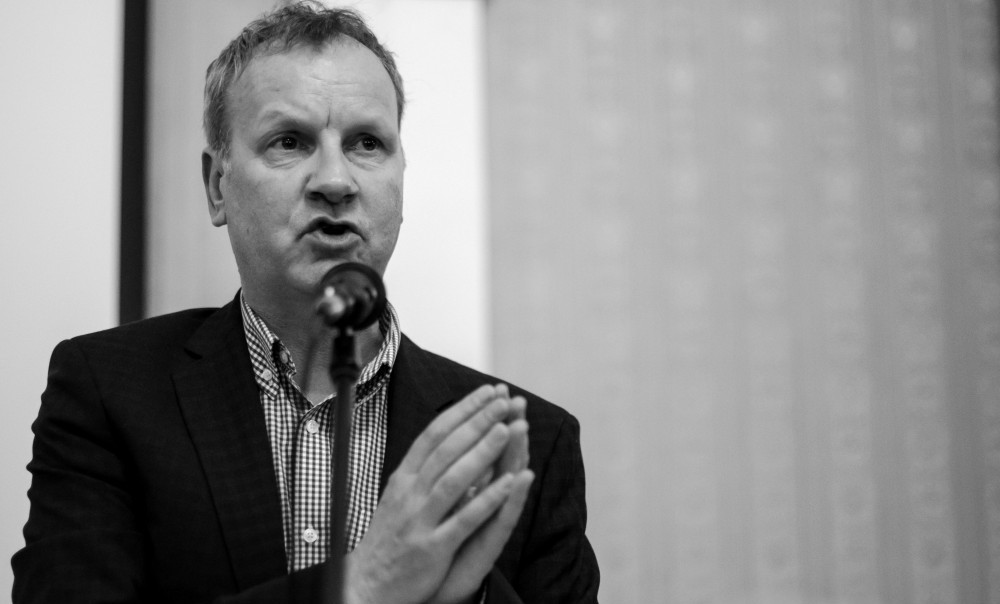Something very significant happened last Saturday, and it happened in most cities and towns across Scotland. Though it probably passed by most of its intended audience, there they were, Labour and Conservatives, actively campaigning together on the streets of Scotland for possibly the first time.
Now, politicians come together on a cross-party basis for any number of issues. In both Parliaments there are cross-party groups, and motions are regularly signed by politicians from across the political spectrum. In councils, proportional representation necessitates coalitions and cross-party arrangements. Occasionally, Governments may need the support of other parties to get important legislation through. I mean, I’m in a cross-party rock group for goodness sake!
All of this is part of the day to day reality of our political process, and all of it a necessary part of our realpolitik.
What was different about last Saturday was that Labour were on the streets of Scotland with the Conservatives actively asking the people of Scotland to sign up to a political proposition about who is best placed to govern Scotland.
What this new and very important cross-party coalition was asking us to endorse is that in Scotland, Conservative rule is preferable to Scottish home rule. That the Westminster Tories are in a better position to make the crucial decisions about Scotland’s future rather than the people who live and work in Scotland themselves.
“But it’s not about Tory rule” our Labour friends will defiantly contend. “Better together means better together with the UK not with the Conservatives” Labour activists will wail. But “better together” must have a context and currently we are being asked to be “better together” within a UK which has a Conservative Government that precious few people in Scotland voted for. Yes, the Conservatives might be replaced by the almost unelectable Ed Miliband, but then again, they might not.
Labour might not like it, but right now it is a Conservative Government that currently administers our social security system and macro economic policies. I bet on Saturday Labour politicians weren’t trying to sell Westminster’s austerity package or its crippling and cruel welfare reforms as examples of being “better together”
I actually think that some in Labour realised what was going down and just how bad this all looked. Whilst the normally toxic Conservatives were absolutely cock-a-hoop about being endorsed and included, Labour politicians were just a bit more embarrassed and reticent. Indeed, Jim Murphy first had to explain why he “hated” the Tories before proceeding to join them on the streets. They are right to be nervous. Just look what happened to the Liberals.
Scotland’s democratic deficit is at the heart of the debate about independence and, unfortunately for the Unionists, it is not going to go away. One of the most powerful reasons for independence is that we will always get the Government we vote for. With independence we will never again get a Tory led Government with a solitary Tory MP tearing the heart out of our welfare system.
“Better Together” might be a campaign about being together in the UK, but they also have to fully explain who, and what, we’re being asked to be better together with.




You must be logged in to post a comment.